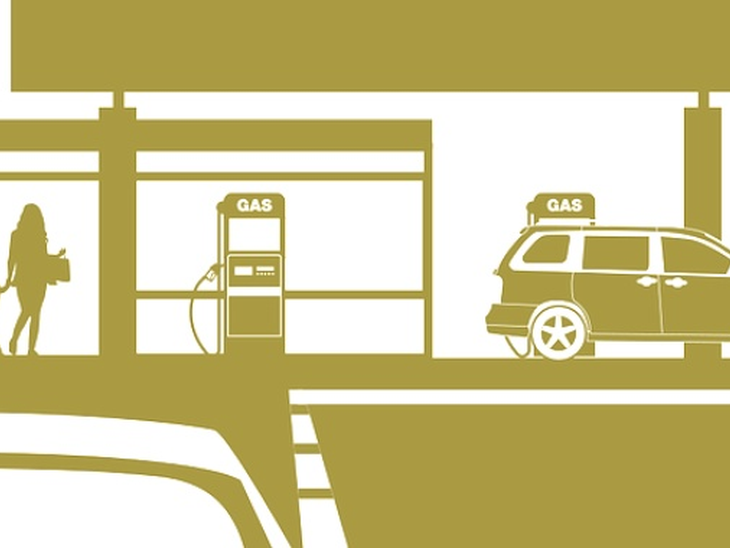Fuel prices have a correlation with the international market
T&B Petroleum/Press Office
02/08/2017 20:56

After a month in effect of Petrobras' policy of daily adjustment of fuel prices, Petrobras is following the international market in the short term, and diesel and gasoline prices in Brazil are highly correlated with the global movements in the oil chain.
This means that Petrobras is committed to operating in a free market environment and following the main international reference contracts for fuels. "Consumers are now daily exposed to the oscillation of the international market. The price is no longer given and equal for everyone, and the decision of where and when to buy becomes key," explains Head of Oil, Gas and Derivatives at INTL FCStone Brazil, Thadeu Silva.
According to Silva, the correlations are already more than sufficient for the development of a strategy to protect against price volatility using futures markets and hedging instruments.
INTL FCStone carried out a comparative study between the prices practiced by the state company and the main global reference contracts for the commercialization of oil and oil derivates. Results show that domestic prices for Gasoline A - before the addition of ethanol - have a greater connection with fuel in Europe. The reference of the northwest of the old continent (NWE Gasoline) presented near 90% of correlation in the period. "In the first half of 2017, close to 60% of gasoline imports came from Europe and in 2016 more than 70% had the same origin," says Silva.
In the following, Brazilian gasoline also has a good correlation with the two oil references (WTI and Brent) and, like gasoline in Europe, could be used to fix future prices.
On the other hand, diesel has a greater connection with the American market, the main source of Brazilian imports. Both types of fuel (S10 and S500) show very strong correlation with the New Deal (ULSD) fuel contract.
"The most important thing to be verified in the analysis is that the daily variations in relation to the average premium in each square, for diesel and gasoline, are very modest and follow the same direction," explains Silva. In this sense, the daily price of gasoline was only 3 opportunities with a difference of more than 2 cents in relation to the average premium of the month in each square. In the case of diesel, in any opportunity that difference was 2 cents and the daily adjustments lead to dispersions always below 1% of the product price.
Methodology
The consultant correlated the average prices at the refinery practiced by the state with the main international references - transformed into reais. The series are daily prices and were considered 22 observations, from June 29 to July 31 of that year. To find the best reference for each fuel, correlations with crude oil (WTI and Brent), gasoline (RBOB, CBOB and Gasoline NWE) and diesel (ULSD and Gasoil) contracts were verified in several regions.
About INTL FCStone:
INTL FCStone Inc. and its subsidiaries provide execution and consulting services on commodities, currencies and international securities. With roots in the commodities sector dating back to 1924, INTL FCStone specializes in helping the entire commodity chain - producers, processors and consumers - manage their business and grow in the volatile environment of agricultural commodities. In Brazil, INTL FCStone is headquartered in Campinas (SP) and has offices in São Paulo (SP), Passo Fundo (RS), Maringá (PR), Sorriso (MT), Goiânia (GO), Recife (PE) and Sponsorship (MG).



